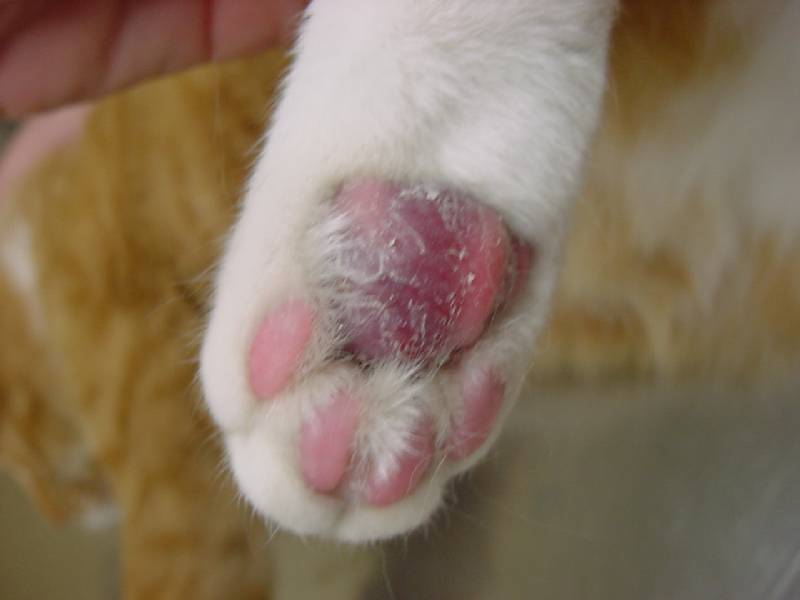Sadly we've just had a fatal case of heatstroke in a dog taken to our clinic as an emergency. This wasn't a very old or very young dog and the owner hadn't done anything irresponsible like leaving him in a car.
In very hot, humid weather even young, fit dogs may be at risk of overheating, so I'm reproducing the advice given on the main RSPCA website at www.rspca.org.uk Dogs are less able to cope with high temperatures than we are.
Heatstroke - early warning signs
Heatstroke can be fatal. Do everything you can to prevent it.
Some dogs are more prone to heatstroke. For example, dogs with short snouts, fatter or heavily muscled dogs and long-haired breeds, as well as very old or very young dogs. Dogs with certain diseases are more prone to heatstroke, as are dogs on certain medication.
If dogs are unable to reduce their body temperature, they will develop heatstroke. There are some signs to look for:
- heavy panting
- profuse salivation
- a rapid pulse
- very red gums/tongue
- lethargy
- lack of coordination
- reluctance or inability to rise after collapsing
- vomiting
- diarrhoea
- loss of consciousness in extreme circumstances.
Heatstroke - first aid
If your dog shows any symptoms of heatstroke, move him/her to a shaded, cool area and ring your vet for advice immediately. Heatstroke can be fatal and should always be treated as an emergency.
Dogs suffering from heatstroke urgently need to have their body temperature gradually lowered:
Immediately douse your dog with cool (not cold) water, to avoid shock – you could put your dog in a shower and run cool water over him/her, or use a spray filled with cool water and place your dog in the breeze of a fan.
Let your dog drink small amounts of cool water.
Continue to douse your dog with cool water until his/her breathing starts to settle – never cool your dog so much that he/she begins to shiver.
Once you have cooled your dog down you should take him/her straight to the veterinary surgery.
Top tips for warm weather
Your dog should always be able to move into a cooler, ventilated environment if he/she is feeling hot.
Never leave your dog alone in a car. If you want to take your dog with you on a car journey, make sure that your destination is dog-friendly – you won’t be able to leave your dog in the car and you don’t want your day out to be ruined!
If you have to leave your dog outside, you must provide a cool shady spot where he/she can escape from the sun at all times of the day.
Make sure your dog always has a good supply of drinking water, in a weighted bowl that can’t be knocked over. Carry water with you on hot days and give your dog frequent small amounts.
Never leave your dog in a glass conservatory or a caravan. Even if it is cloudy when you leave, the sun may come out later in the day and make it unbearably hot.
Groom your dog regularly to get rid of excess hair. Give long-coated breeds a haircut at the start of the summer, and later in the season, if necessary.
Dogs need exercise - even when it is hot. Walk your dog early in the morning or later in the evening. Never allow your dog to exercise excessively in hot weather.
Dogs can get sunburned too – particularly those with light-coloured noses or light-coloured fur on their ears. Ask your vet for advice on pet-safe sunscreen.




































